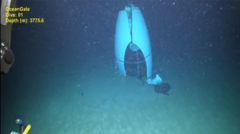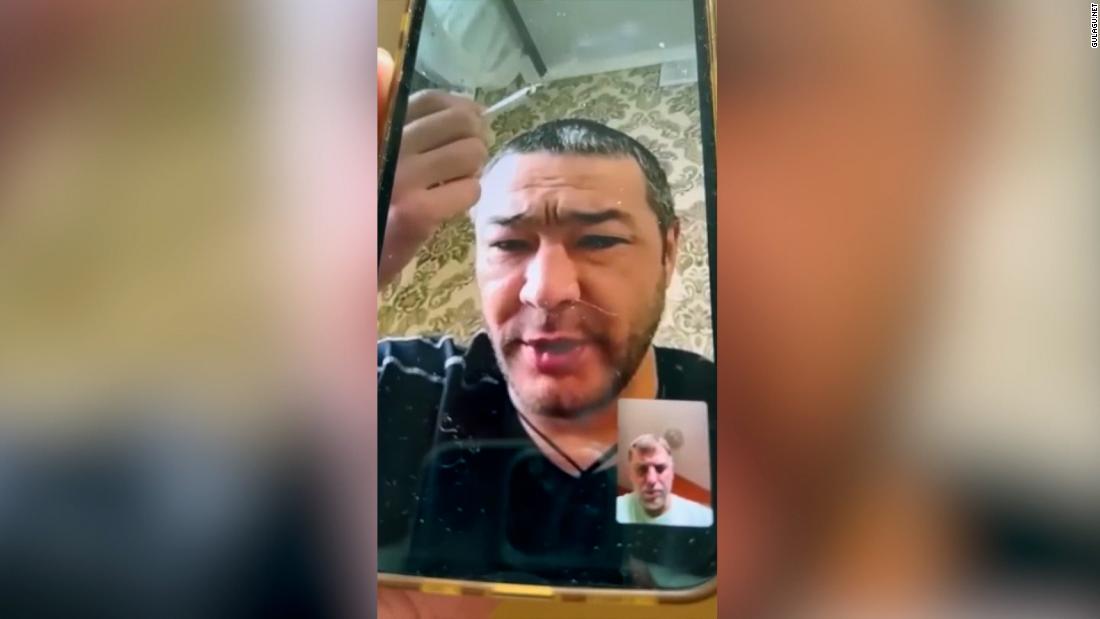A bipartisan coalition is pushing for lawmakers to sign a declaration to combat possible abuses of power by the president in the wake of a Supreme Court decision giving former executives broad immunity from criminal prosecution.
The “No Dictators Declaration” asks lawmakers to take steps that would prevent a president from misdirecting military might, abusing the power to declare national emergencies, or demanding loyalty pledges from appointees and civil servants.
Led by Rep. Jamie Raskin (D-Md.) and former Rep. Joe Walsh (R-Ill.), the coalition also bands together groups like the American Civil Liberties Union and conservative grassroots group Principles First.
“This declaration is about protecting the freedoms of the people by closing statutory loopholes that could allow a president to exploit the executive power to trample constitutional freedom in liberty,” Raskin said during a press conference in front of the White House, saying Congress would need to intervene if the nation faces “a runaway president.”
While the declaration doesn’t name former President Trump specifically, many of the “commitments to defend constitutional representative democracy” in the declaration address various pledges by the former president or reference his conduct.
The five main pillars that make up the declaration are each focused on reducing “the threat of dictatorship.”
One seems to specifically call on Congress to reverse the Supreme Court's immunity ruling, saying that “Congress should ensure that presidents who abuse their powers to commit crimes can be prosecuted like all other people.” Though it does not offer a specific pathway for doing so, it notes the constitutional ideal that all are equal under the law.
It also addresses a failed last-minute effort from the tail end of the first Trump administration seeking to topple the merit-based civil service system, making federal employees easier to fire and allowing more positions to go to political appointees.
Another addresses Trump’s calls to prosecute his political enemies and those who have launched investigations into him. The declaration says that Congress must limit a president’s ability to “use investigative and prosecutorial decisions and resources to pursue vendettas against disfavored people and groups.”
The other pillar seeks to limit presidential power to bypass Congress to declare “bogus” domestic and foreign emergencies. That includes the Insurrection Act, which allows the president to use the military to suppress disorder.
“We’re at a point where the American people need to be protected against a president who would be a king, who would be a dictator,” Walsh said. “In the 248-year-old history of this country, we’re here right now.”
Any such bipartisan action would be a tough sell among GOP members, among whom Trump has cultivated a strong loyalty. A “unity commitment” drafted earlier this year — “to acknowledge the election winner certified at the January 2025 joint meeting of Congress as the legitimate president [and] to attend the president’s inauguration” — garnered just six GOP backers.
The declaration is the latest in a string of moves by Democrats and other Trump critics to highlight the risks stemming from the Supreme Court’s immunity decision as Trump has sought to toss his prosecution related to the Jan. 6 attack on the Capitol.
The court ruled in July that former presidents retain broad protections from criminal prosecution. Executives are immune from any actions related to their core constitutional responsibilities and are presumptively immune from all other official actions. Private conduct, however, may still be prosecuted.
On Tuesday, lawmakers in the Democrat-led Senate will hear from various witnesses about the risks posed by the Supreme Court’s ruling in the immunity decision.
After the court’s ruling, President Biden said the justices “fundamentally changed” the principle that no one is above the law and stressed “there are virtually no limits on what a president can do.”















 English (US) ·
English (US) ·